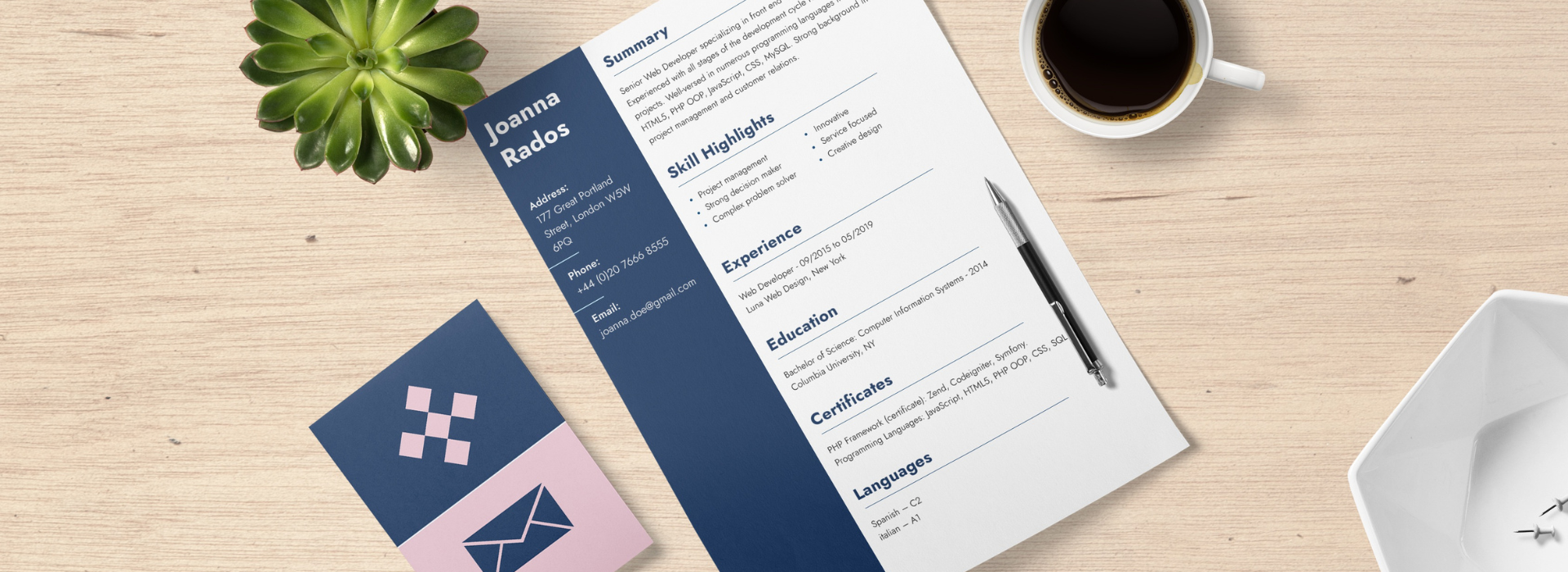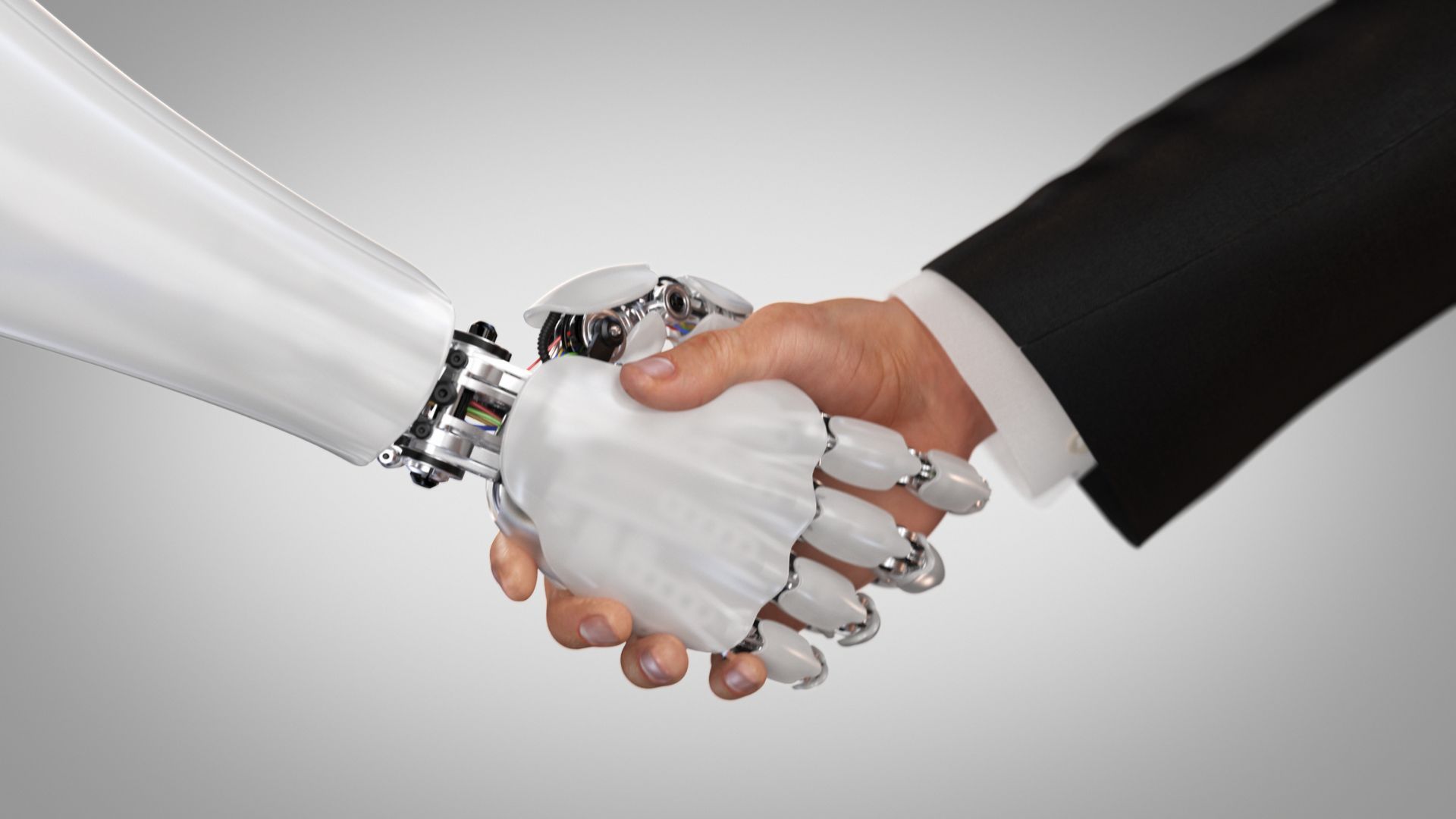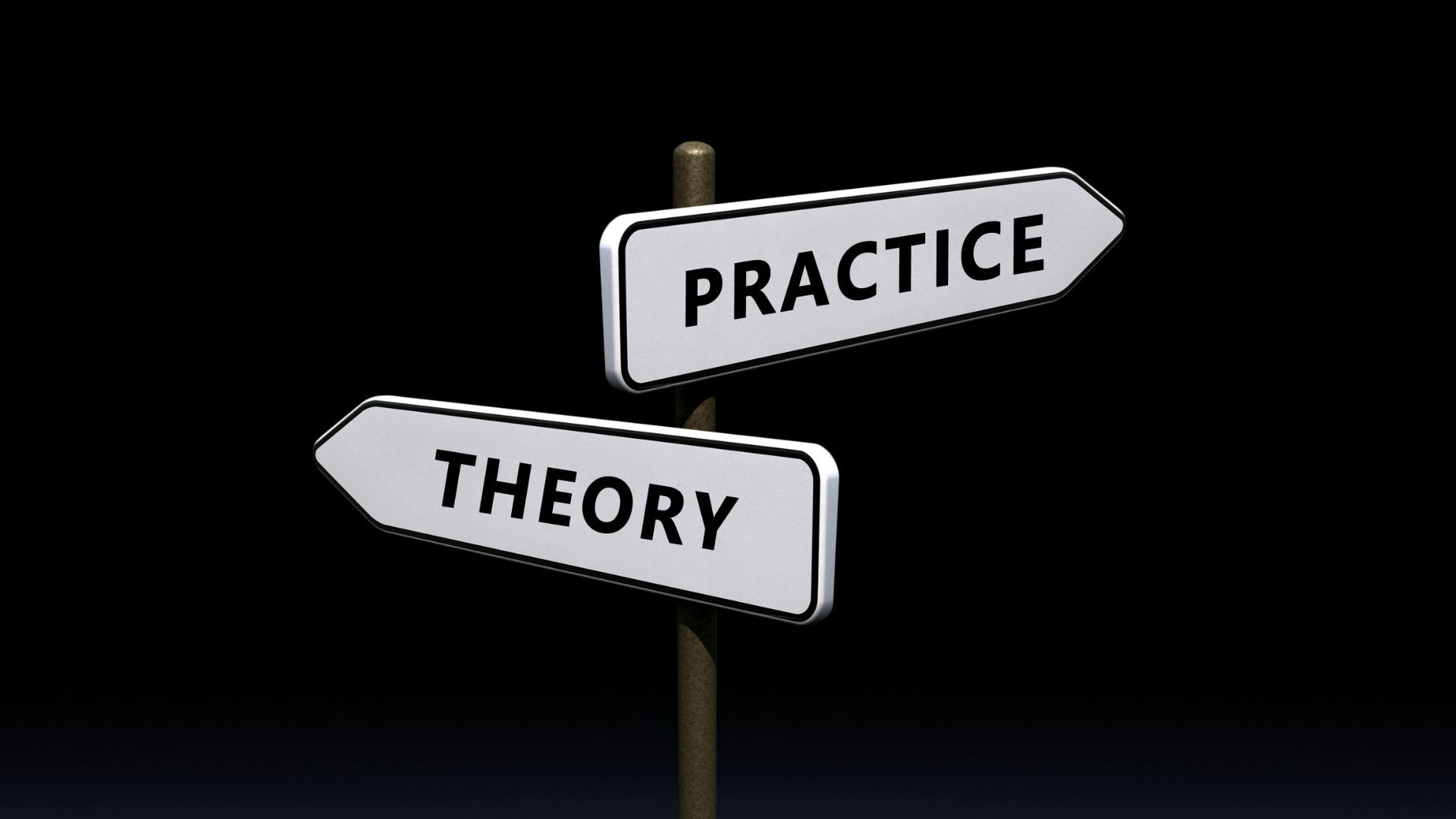How the Australian HR Market is Evolving in 2025

What is the future of work in the HR market?
The Australian HR market is evolving rapidly as we head towards 2025. With the economic pressures of the past few years and the rise of new workplace norms, employers and HR professionals are facing a range of challenges in maintaining a competitive edge. The workforce itself is changing, with employees placing a greater emphasis on flexibility, personal values, and wellbeing as central components of their careers. This has reshaped how companies attract and retain talent in an increasingly competitive market.
Recent statistics show that sectors like technology, healthcare, and finance have remained highly competitive in terms of talent demand. With an unemployment rate consistently below 4%, candidates are in the driving seat, leading to heightened salary expectations and increased demands for flexible working arrangements. A survey conducted earlier this year revealed that 65% of Australian job seekers prioritize work-life balance over traditional considerations like salary. These shifting expectations, coupled with economic pressures, are putting HR professionals to the test, compelling them to innovate to retain and engage their employees effectively.
Moreover, the rise of remote and hybrid work has fundamentally changed the employment landscape. Companies that were once hesitant to adopt flexible work models are now embracing them to meet employee demands and stay competitive. This shift has also opened up opportunities for employers to access a broader talent pool, unrestricted by geographical boundaries. However, it also requires organisations to rethink their approaches to employee engagement, culture, and productivity in a remote setting, adding further complexity to the evolving HR landscape.
"The biggest challenge this year within HR has been balancing between employee expectations and these economic realities."
In a recent conversation during "People2People's Australian Market Update: Thrive in 2025," our host, Temporary Team Leader Mary Savova, was joined by Talent Acquisition Specialist Juma Mrisho to explore the current state of the HR market and the way forward for employers in Australia. The discussion provided valuable insights into the challenges that HR professionals are grappling with and highlighted some of the strategies that may prove effective for the year ahead.
Mary Savova opened the discussion by acknowledging the ever-changing nature of the HR landscape, with evolving employee expectations and the economic backdrop presenting both opportunities and obstacles. "The HR market has been relatively stable, but we have seen some dynamic shifts," shared Juma Mrisho. He went on to explain that the key changes have stemmed from evolving employee expectations, economic pressures, and rapid advancements in technology. Juma highlighted that while certain sectors continue to experience strong demand for talent, the increased bargaining power of job seekers is challenging employers' capacity to meet higher salary and flexibility expectations.
The conversation also addressed some of the most pressing challenges faced by both job seekers and hiring managers today. Juma noted, "The biggest challenge this year within HR has been balancing between employee expectations and these economic realities." He explained that many candidates are looking for roles that align with their personal values and offer both flexibility and long-term stability. This has resulted in a misalignment between what job seekers want and what companies are able to offer, particularly in light of budget constraints and an uncertain economic outlook.
Mary also raised the question of what employers can expect as they prepare for 2025, and Juma provided a forward-looking perspective: "I foresee a shift towards creative retention strategies, such as greater investment in employee development, internal mobility, and wellbeing programs as companies aim to meet expectations sustainably." The importance of employee development and wellbeing has never been more prominent, with companies recognizing that to attract and retain top talent, they need to create an environment that prioritizes individual growth and personal well-being.
Mary added to the conversation by reflecting on how companies have had to adapt to these shifting demands, noting that the power balance in recruitment has shifted towards candidates in many industries. Juma agreed, stating that employers are being encouraged to think differently about compensation and benefits in order to stay competitive. "With an uncertain economic outlook, companies may face tighter budgets, but the demand for flexibility and competitive compensation is unlikely to fade," he said, indicating the critical need for HR teams to innovate.
Navigating 2025 in the Australian HR Market
To navigate the complexities of 2025, HR professionals and employers will need to adopt a proactive approach that meets both employee and business needs effectively. Here are some strategies for thriving in this evolving landscape:
- Embrace Flexibility: Flexible work arrangements will continue to be a key factor for candidates, and organisations that can adapt their policies to support a hybrid work model will be more successful in attracting top talent.
- Focus on Employee Development: Investing in employee growth is no longer optional. Companies that provide training, upskilling, and career development opportunities are more likely to retain their workforce. Initiatives such as mentorship programs and sponsored courses can boost employee loyalty and satisfaction.
- Wellbeing as a Strategic Priority: Wellbeing programs that address mental health, stress management, and overall work-life balance will be crucial for retention. By creating an environment that values wellbeing, companies can foster a more productive and engaged workforce.
- Rethink Compensation Packages: While salary increases may not always be feasible, providing non-financial perks like additional leave, wellbeing incentives, or career development opportunities can create a more attractive offering for potential hires.
- Cultivate Internal Mobility: Encouraging internal mobility can not only reduce recruitment costs but also contribute to employee satisfaction. By allowing employees to explore different roles and grow within the organisation, companies can better align talent with business needs while providing career growth opportunities.
As we move towards 2025, HR professionals will need to be agile and creative in addressing these evolving demands. With the right strategies, organisations can foster a culture that attracts, retains, and nurtures the best talent, ensuring they thrive in the year ahead.
Find the job you love I Find the right talent
Get in touch with people2people
Australia I United Kingdom
In business since 2002 in Australia, NZ, and the United Kingdom, people2people is an award-winning recruitment agency with people at our heart. With over 12 offices, we specialise in accounting and finance, business support, education, executive, government, HR, legal, marketing and digital, property, sales, supply chain, and technology sectors. As the proud recipients of the 2024 Outstanding Large Agency and Excellence in Candidate Care Awards, we are dedicated to helping businesses achieve success through a people-first approach.
Find the job you love I Find the right talent
Get in touch with people2people
Australia
I
United Kingdom
In business since 2002 in Australia, NZ, and the United Kingdom, people2people is an award-winning recruitment agency with people at our heart. With over 12 offices, we specialise in accounting and finance, business support, education, executive, government, HR, legal, marketing and digital, property, sales, supply chain, and technology sectors. As the proud recipients of the 2024 Outstanding Large Agency and Excellence in Candidate Care Awards, we are dedicated to helping businesses achieve success through a people-first approach.
Recent articles





Latest Media Features
List of Services
-
11 tips for employers to succeed in 202511 tips for employers to succeed in 2025
Human Resources Online
February 14, 2025 -
How will advisers’ salaries change this year?How will advisers’ salaries change this year?
Money Management
Janurary 17, 2025 -
Being a supportive employer in 2025Being a supportive employer in 2025
Money Management
January 6, 2025
List of Services
Get in touch
Find out more by contacting one of our specialisat recruitment consultants across Australia, New Zealand, and the United Kingdom.
Copyright © 2025, people2people
people2people acknowledges the Traditional Custodians of country, pays respect to their Elders past and present, and extends that respect to all Aboriginal, Torres Strait Islander and Māori peoples today.
people2people partners with CarbonInvoice to measure and mitigate any carbon emissions associated with the work we do.
Specialisations
Locations
Resources

